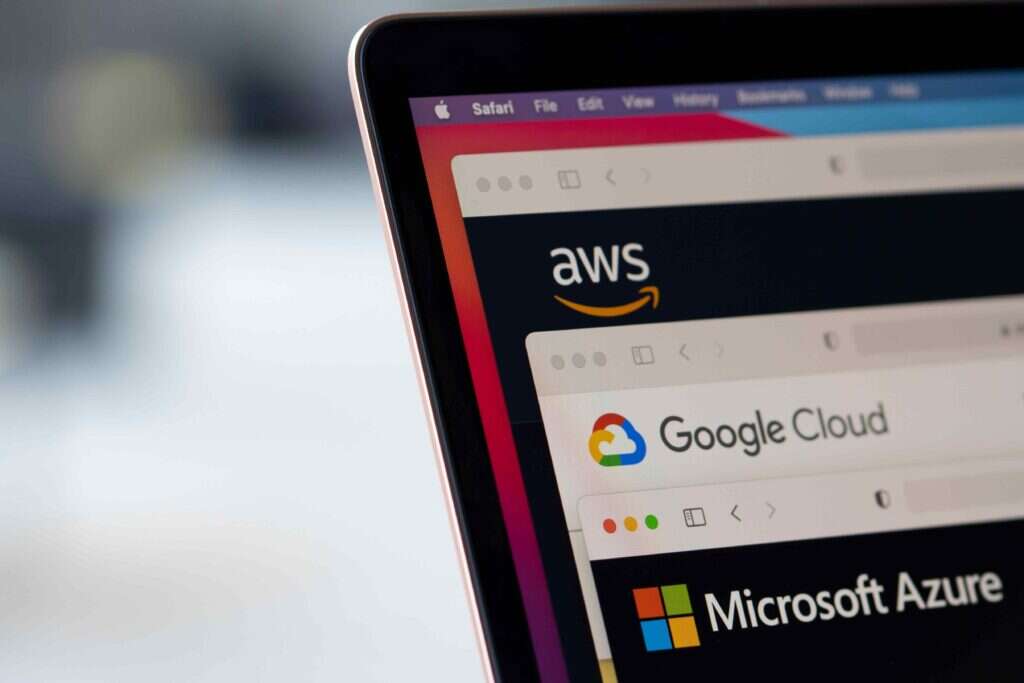
AWS users can now transfer their data to another provider free of charge, the hyperscaler announced this week. Amazon’s subsidiary waived egress fees globally and removed its 100GB limit on the amount of data that can be transferred for free.

The decision comes less than two months after the European Data Act set out new rules to “ensure fairness in the digital environment by clarifying who can create value from data and under which conditions”. The Act includes explicit provisions in favour of multi-cloud environments and free circulation between providers.
The announcement also follows shortly after the Competition and Markets Authority (CMA) launched an antitrust investigation into AWS and Microsoft’s alleged anti-competitive behaviour.
Since the two regulators have expressed concerns over potential breaches of antitrust rules, hyperscalers are under the spotlight. Google Cloud was the first hyperscale giant to make the move in January, perhaps naturally prompting competitor AWS to follow its lead.
Still, the last member of the hyperscaler trinity (Microsoft) is yet to come forward with similar measures – despite pressure from the regulators and the combined effect of Google and AWS’s announcement.
When Google eliminated its fees, Amit Zavery, head of platform at Google Cloud, suggested in a blogpost that “customers should choose a cloud provider because it makes sense for their business, not because their legacy provider has locked them in with overly restrictive terms or punitive licensing practices.”
What could have been regarded as merely implicit pressure on Microsoft is now overt. Zavery told Reuters in an interview last week that Google worries “about Microsoft wanting to flex their decade-long practices where they had a lot of monopoly on the on-premise software before and now they are trying to push that into cloud.”
Multi-cloud approaches to cloud computing are not a new issue for organisations. Despite the hefty egress fees involved in switching ecosystems, businesses can largely benefit from it. For example, using more than one cloud environment allows customised and efficient control over IT infrastructure, enhances security over sensitive data and helps with disaster recovery.
Considering the recent reproaches about anti-competitive practices in the UK cloud market, AWS’s announcement is an encouraging first step against vendors’ lock-in, and in the process, against unpredictable egress fees faced by CIOs.






